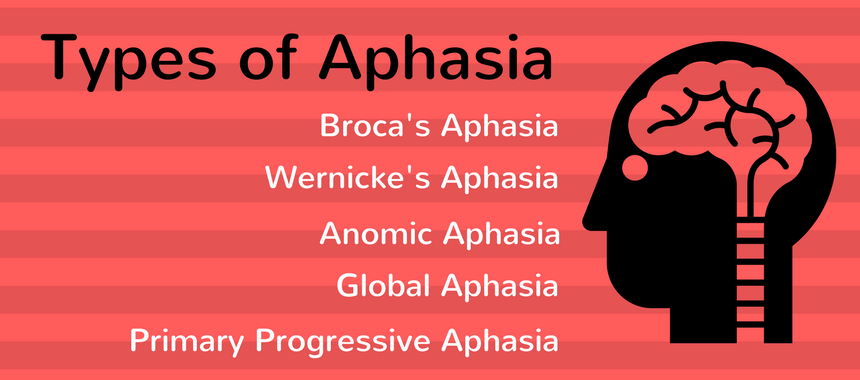Medical Science Notes On – Aphasia – For W.B.C.S. Examination.
মেডিকেল সায়েন্স নোটস – অ্যাফাসিয়া – WBCS পরীক্ষা।
Aphasia is a disorder caused by damage to the parts of the brain that control language. It can make it hard for you to read, write, and say what you mean to say. It is most common in adults who have had a stroke. Brain tumors, infections, injuries, and dementia can also cause it. The type of problem you have and how bad it is depends on which part of your brain is damaged and how much damage there is.Continue Reading Medical Science Notes On – Aphasia – For W.B.C.S. Examination.
There are four main types:
- Expressive aphasia – you know what you want to say, but you have trouble saying or writing what you mean
- Receptive aphasia – you hear the voice or see the print, but you can’t make sense of the words
- Anomic aphasia – you have trouble using the correct word for objects, places, or events
- Global aphasia – you can’t speak, understand speech, read, or write
Aphasia gets in the way of a person’s ability to use or understand words. Aphasia does not impair the person’s intelligence. People who have aphasia may have difficulty speaking and finding the “right” words to complete their thoughts. They may also have problems understanding conversation, reading and comprehending written words, writing words, and using numbers.
Aphasia may also be caused by a brain tumor, brain infection, or dementia such as Alzheimer’s disease. In some cases, aphasia is a symptom of epilepsy or other neurological disorder.
What Are the Types of Aphasia?
There are types of aphasia. Each type can cause impairment that varies from mild to severe. Common types of aphasia include the following:
- Expressive aphasia (non-fluent): With expressive aphasia, the person knows what he or she wants to say, yet has difficulty communicating it to others. It doesn’t matter whether the person is trying to say or write what he or she is trying to communicate.
- Receptive aphasia (fluent): With receptive aphasia, the person can hear a voice or read the print, but may not understand the meaning of the message. Oftentimes, someone with receptive aphasia takes language literally. Their own speech may be disturbed because they do not understand their own language.
- Anomic aphasia. With anomic aphasia, the person has word-finding difficulties. This is called anomia. Because of the difficulties, the person struggles to find the right words for speaking and writing.
- Global aphasia. This is the most severe type of aphasia. It is often seen right after someone has a stroke. With global aphasia, the person has difficulty speaking and understanding words. In addition, the person is unable to read or write.
- Primary progressive aphasia. Primary progressive aphasia is a rare disorder where people slowly lose their ability to talk, read, write, and comprehend what they hear in conversation over a period of time. With a stroke, aphasia may improve with proper therapy. There is no treatment to reverse primary progressive aphasia. People with primary progressive aphasia are able to communicate in ways other than speech. For instance, they might use gestures. And many benefit from a combination of speech therapy and medications.
Aphasia may be mild or severe. With mild aphasia, the person may be able to converse, yet have trouble finding the right word or understanding complex conversations. Severe aphasia limits the person’s ability to communicate. The person may say little and may not participate in or understand any conversation.
Please subscribe here to get all future updates on this post/page/category/website


 +919674493673
+919674493673  mailus@wbcsmadeeasy.in
mailus@wbcsmadeeasy.in







































































































